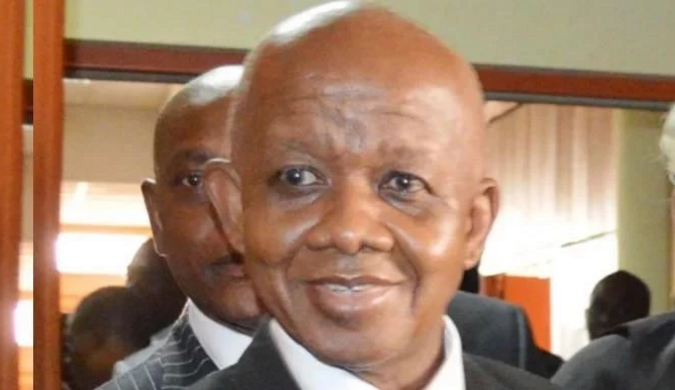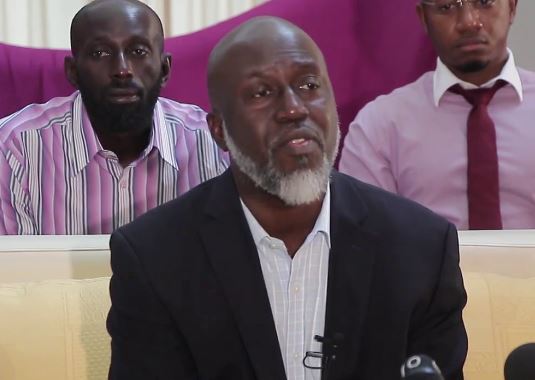The Chief Justice of Nigeria, CJN, Justice Walter Onnoghen, has said conflicting decisions by different judges on same issue as presented before them (the judges) are necessary and that the Appeal Court is set up to revisit such judgments in case the defendants are not satisfied.
The CJN made the remark on Monday in Abuja when he declared open the 2017 National Energy Workshop for Judges.
He also said that judges must not allow technicalities to stand in the way of justice in order to sustain public confidence in the judiciary.
Onnoghen explained that the use of Alternative Dispute Resolution (ADR) would engender timely disposition of cases and encouraged the judges to adopt it.
The CJN noted that the theme of the workshop: “Law and the Changing Face of Petroleum and Power Sectors in Nigeria”, was relevant in the light of the developments in the international energy market.
He said that the workshop would enlighten the judges on global best practices in confronting the challenges that might arise in the power and petroleum sectors.
“Some of the notable challenges faced are in the areas of taxes, rebates, royalties, demand for corporate social responsibility and environmental disputes which require the courts to adjudicate.”
“Conflicting decisions, unfortunately, are necessary because when you approach a court in Lagos, your facts are stated and the facts of that case are also different in a court in Port Harcourt.
“So, the judge takes a decision based on the facts before him and the law and that is why we have the Court of Appeal who will look at the law and decide,” the CJN said.
He expressed confidence that the workshop would aid the justices and judges in the adjudication and resolution of lingering disputes
In a keynote address, the Acting President, Yemi Osinbajo, called for measures to speed the “crawling” judicial process in the country.
Osinbajo, who was represented by the Minister of Petroleum Resources, Ibe Kachikwu, described the slow judicial process in the country as “nightmare for investors.”
We need to evolve measures that will speed up the judicial decisions. We also need these decisions not to be too complicated for investors to easily understand,” he said.
The acting president expressed the need to align the decisions of various courts with some level of credibility to avoid complicated decisions from unnecessary “forum shopping”.
“We need to ensure sanctity of international arbitration and judges should be trained in petroleum and energy sectors so that they will be fully equipped to handle the emerging trends in the sector.”
According to him, petroleum and the power sectors provide 80 per cent of Nigeria’s revenue and over 80 per cent of foreign direct investment.
He added that as critical as the sectors were, if the country was not positioned to supply the necessary power essential for driving the economy, the country would not make much progress.
In a goodwill message, the Minister of Power, Works and Housing, Babatunde Fashola, noted that the role of the judiciary in the post-privatisation period was to encourage the sector to grow.
He said that the judiciary is to also hold parties to their contracts and ensure that the regulator does not exceed its mandate and that citizens fulfil their civic obligations.
TheNewsGuru.com reports that the workshop was organised by the International Institute for Petroleum Energy Law and Policy in collaboration with the National Judicial Institute.
The workshop was organised to draw attention to emerging issues and challenges in the energy sector and to enlighten judges on on-going reforms in the power and energy sectors of the economy.
NAN

